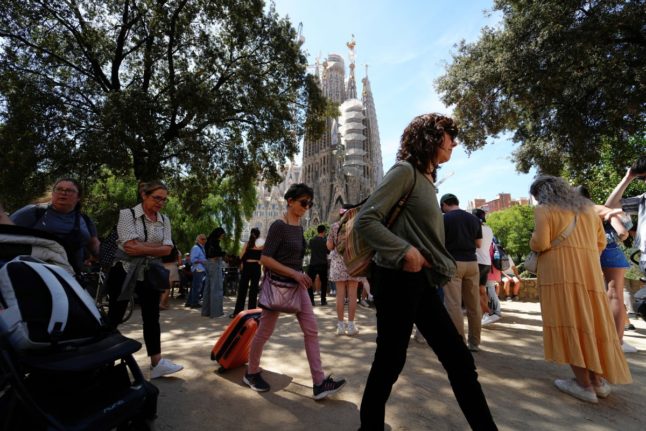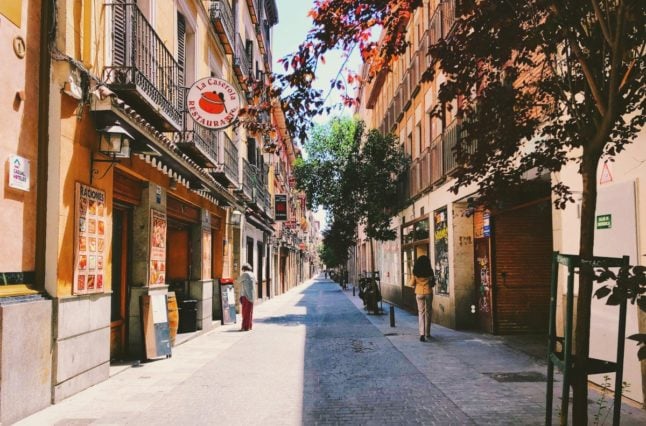It predicted tourism earnings will reach €202.65 billion ($215.4 billion) this year, an 8.6 percent increase over the record set in 2023 which had already seen “a spectacular rate of growth,” Exceltur vice president José Luis Zoreda told a news conference.
If confirmed, it will be the first time that tourism earnings in Spain – the world’s second most visited country after France – will surpass €200 billion, he added.
Spain is benefiting from the rebound in global travel, especially from the Asian market, following the end of the Covid-19 pandemic.
Meanwhile security concerns in rival sunshine markets in the eastern Mediterranean due to the Israel-Hamas war were helping to drive up visitors to the country, Exceltur said.
The tourism sector is also getting a boost from the increase in air links as well as the arrival of new rail operators which has boosted competition and driven down the price of high-speed rail travel leading to higher domestic tourism, it added.
READ ALSO: All the new direct flights to and from Spain in 2024
Spain welcomed a record 85.1 million foreign visitors last year, mainly from Britain, France and Germany, according to national statistics institute INE.
The surge in visitor numbers has sparked a backlash from locals in tourism hotpots such as the Balearic Islands, the Canary Islands and Málaga.
READ MORE: Why does hatred of tourists in Spain appear to be on the rise?
“Our concern is to continue to grow tourism in Spain so that it is sustainable and does not generate social revulsion,” Zoreda said when asked about the growth of these anti-tourism movements.
Exceltur groups Spain’s hotels, resorts, transport companies, car rentals and entertainment businesses.



 Please whitelist us to continue reading.
Please whitelist us to continue reading.
Member comments